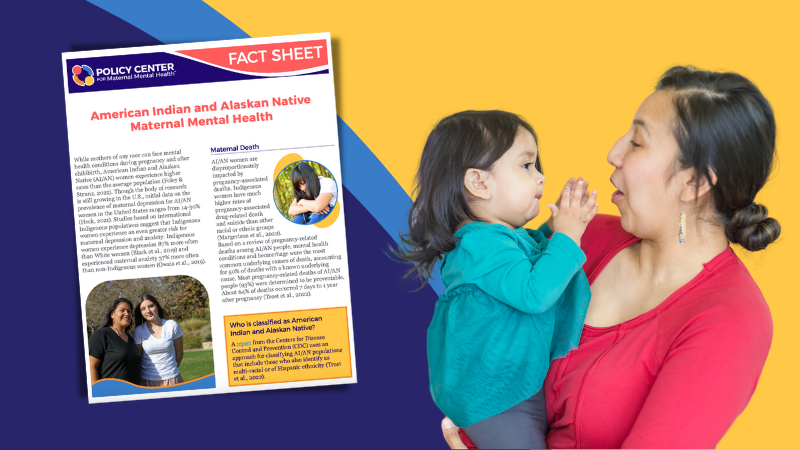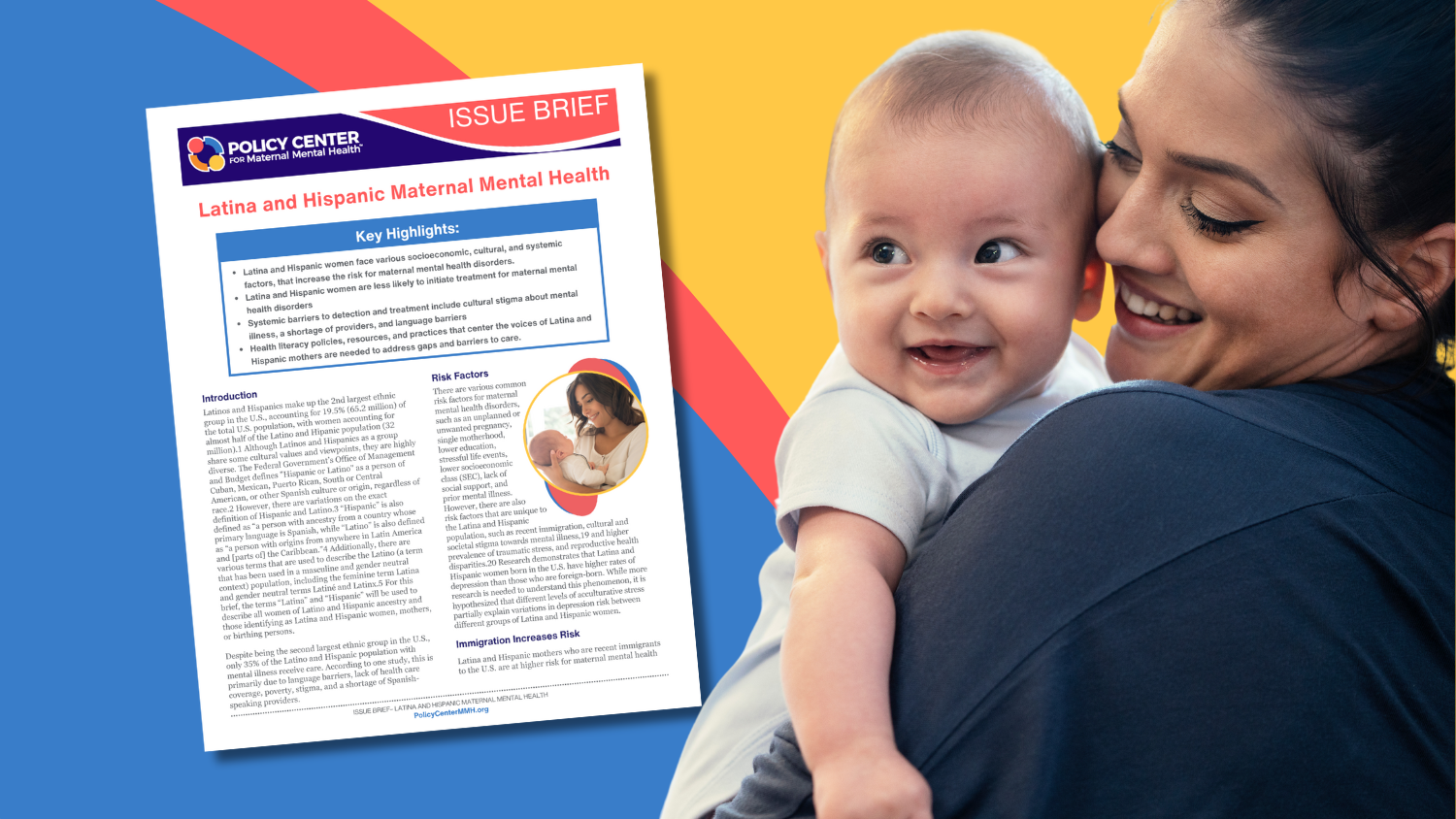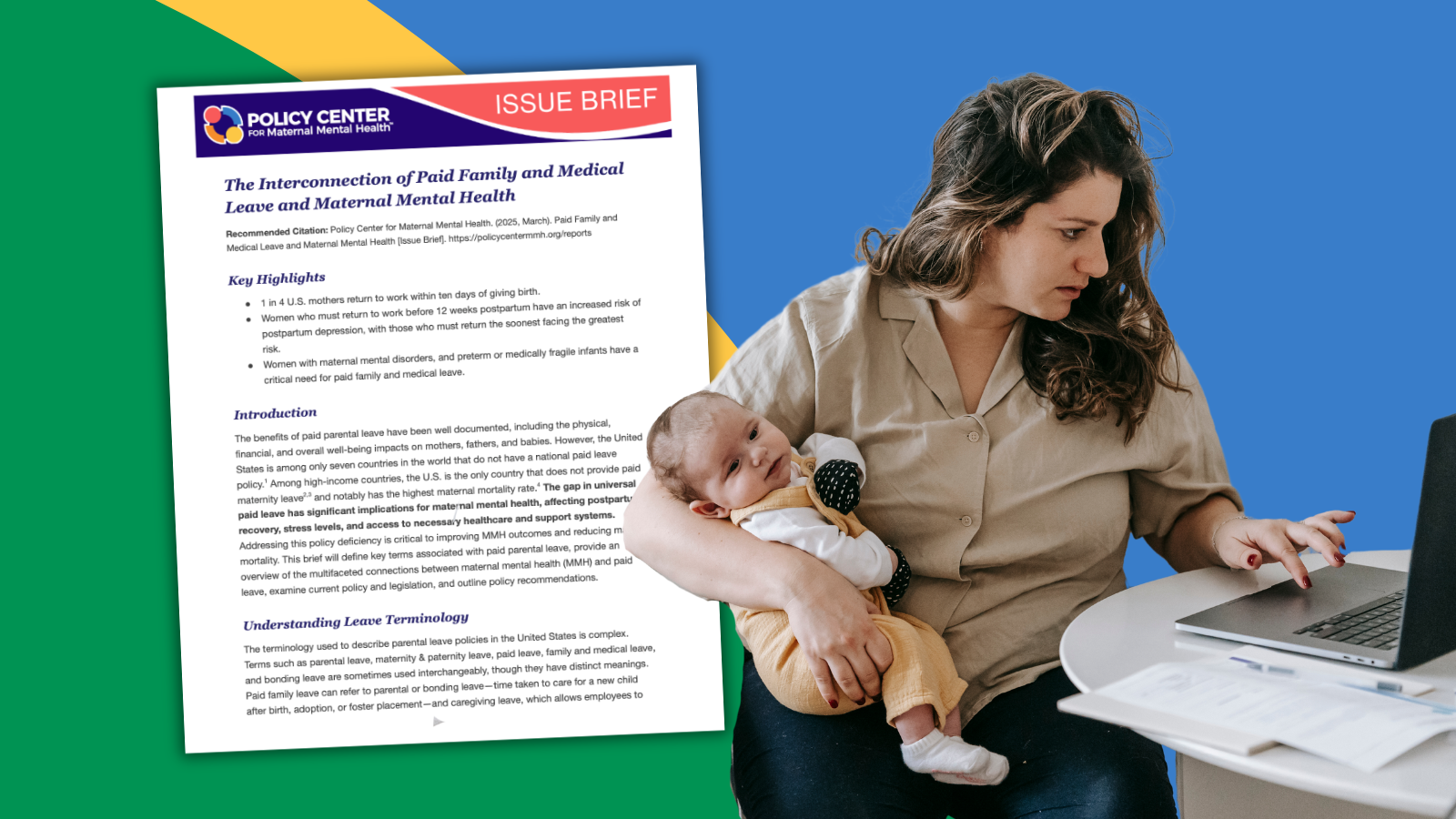Summary of a Capstone project led by Kaletra Welch, MPH from University of Washington.
The maternal mental health crisis in the United States disproportionately impacts Black, Indigenous, and People of Color (BIPOC). A recent community-based assessment conducted in Seattle and Tacoma shines a powerful light on the root causes of these disparities and offers practical, community-driven solutions for improving outcomes. The capstone research, led by Kaletra Welch, MPH, offers a blueprint for change grounded in equity, cultural responsiveness, and the voices of those most affected.
The U.S. has the highest maternal mortality rate among high-income countries, and mental health is the leading cause of pregnancy-related deaths. Black women are three times more likely to die from these complications than white women. Mental health concerns like suicide and opioid overdose are the top contributors, yet efforts to address maternal health rarely center mental health, particularly not within BIPOC communities.
Findings
Through 11 in-depth interviews with maternal and perinatal health stakeholders, this study identified both the strengths and critical gaps in Seattle/Tacoma’s maternal mental health landscape. It highlighted the urgent need for more cohesive, culturally relevant systems of care for BIPOC birthing people.
Key Strengths in BIPOC Communities:
- Culturally Affirming Support: Community organizations offering education and wellness services that reflect cultural traditions.
- Continuity of Care: Programs that support mothers from pregnancy through the first postpartum year.
- Peer-to-Peer Support: Safe spaces for BIPOC mothers to share, heal, and build networks of trust.
Barriers to Care:
- Provider Disconnect: Limited awareness among providers of available MMH services, resulting in poor referral systems.
- Shortage of BIPOC Mental Health Specialists: Many mothers seek providers who share their background, however but they’re hard to find.
- Insurance Gaps: Low reimbursement plans like Medicaid are not accepted by many specialists.
- Language Barriers: Interpreters are often unavailable or ineffective, especially in sensitive health discussions.
Recommendations for Change
Based on community feedback and analysis, the study offers four major recommendations:
- Improve Service Cohesion
Create centralized directories and coordinated networks of BIPOC MMH providers. - Increase Access to Services
Set up community resource hubs, mobile care units, and leverage social media to share culturally relevant resources. - Enhance Provider Training
Offer cultural competency education and encourage integrated care models combining mental and maternal health. - Support Community-Led Solutions
Fund and expand programs designed by and for BIPOC communities, ensuring sustainability through long-term investment.
As Welch’s study emphasizes, addressing maternal mental health disparities isn’t just about more services, it’s about the right services, rooted in trust, culture, and community voice. The findings validate what many in these communities have long known: lasting change must come from within, and be supported by systems that listen, adapt, and invest in equity. This work serves as both a wake-up call and a roadmap. By investing in community-based, culturally responsive care and, ensuring BIPOC voices lead the way, we have a real chance to close the gap in maternal mental health and save lives.
This capstone project underscores the Policy Center’s commitment to closing the equity gap in maternal mental health care. Our work prioritizes the systemic changes needed to address these disparities, including advocating for Medicaid reimbursement reform, building sustainable provider networks, and embedding culturally responsive care models into maternal health systems. One example is our pilot program that embeds Community Health Workers (CHWs) into clinical and community-based maternal mental health care teams, an approach grounded in trust and cultural connection. As Kaletra Welch’s research affirms, solutions must be driven by and for BIPOC communities. By supporting models like CHW integration, uplifting peer support networks, and centering the lived experiences of those most affected, we continue to push forward a future where every birthing person has access to equitable, culturally affirming mental health care.



